Sugar And Artificial Sweeteners
Artificial sweeteners were and still are quite controversial. The public seems to be scared of them, as they don’t trust an artificially made sweetener to be healthier than sugar. Even though research has proven otherwise, some people are still skeptical about it. And when the product first came out to the market, it was much worse.
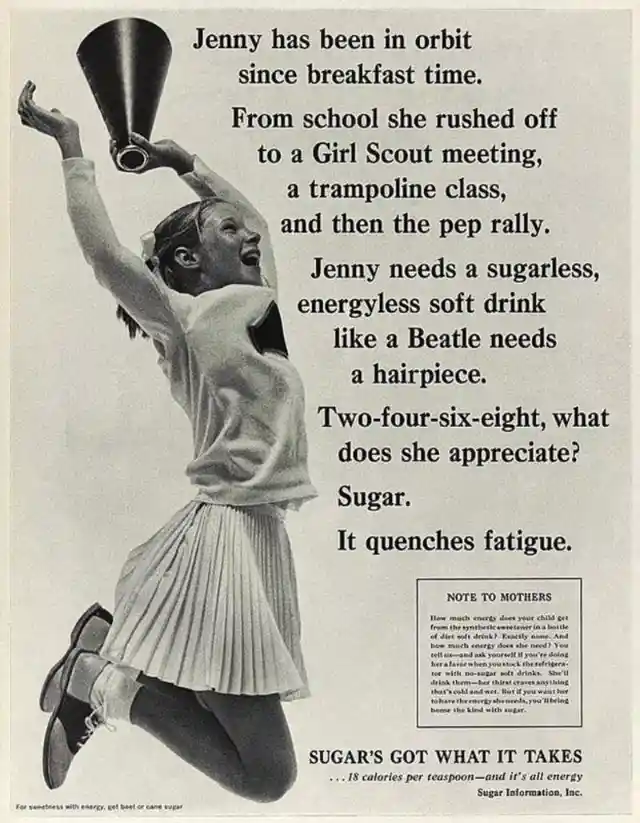
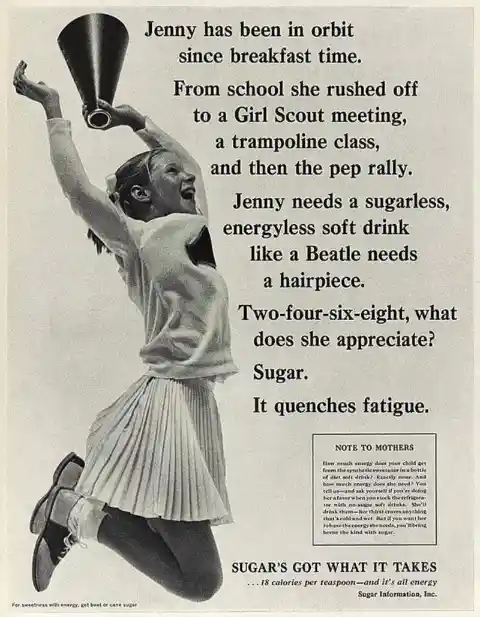
There were even ads convincing people to use sugar instead of artificial sweeteners, claiming that sugar can increase a child’s energy. They may have missed a slight detail: it can also cause obesity and diabetes. It seemed not to be important back in those days.
You Mean A Woman Can Open It?
In the past, sexism was a common practice, even in advertisements. This aluminum bottle caps ad is a great example of how sexist the ads were in the past, and people still bought them. Nowadays, an ad of this sort would be automatically banned and criticized.
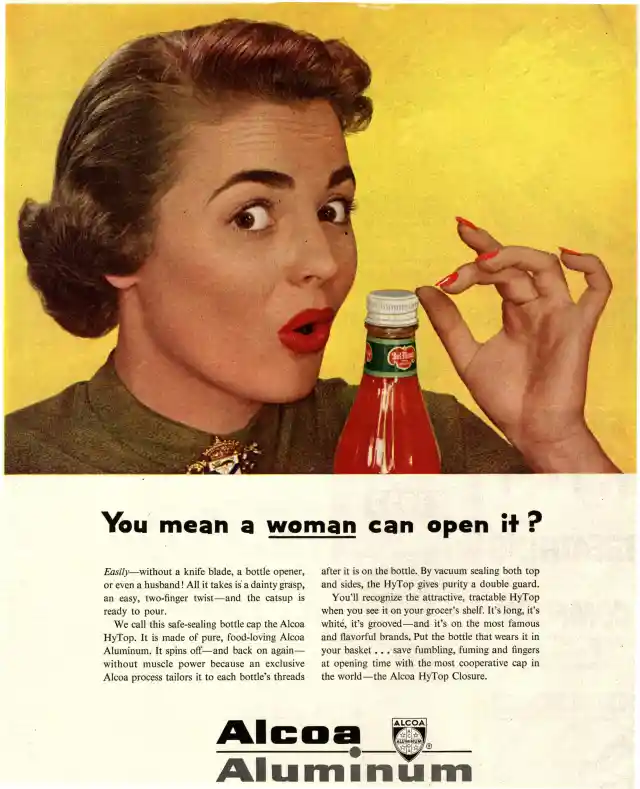
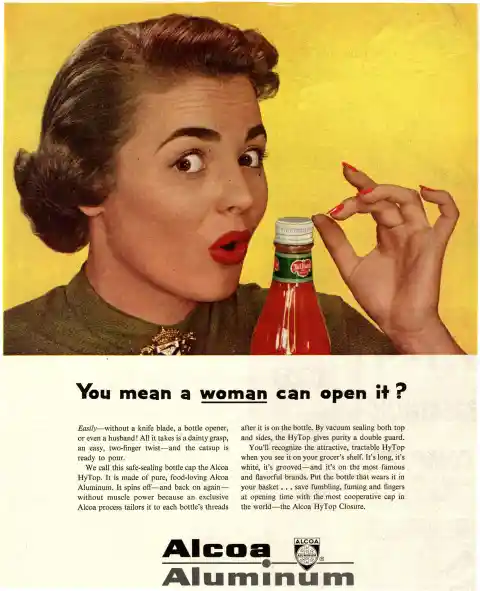
This ad tells us that, in the past, women were weak and couldn’t live without a strong man by their side who would open the bottle for them. The advertisement is inviting women to buy a product that would solve their “weakness problem.” If this ad were published today, the company would automatically go bankrupt.
Sexist Ads, Even For Coffee
Waking up smelling coffee is one of the best things in the world. This vintage ad pictured the ideal breakfast for the man of the house, which included eggs, bacon, and a cup of fresh morning coffee. Even breakfast and coffee turned out to be sexists back in those days.
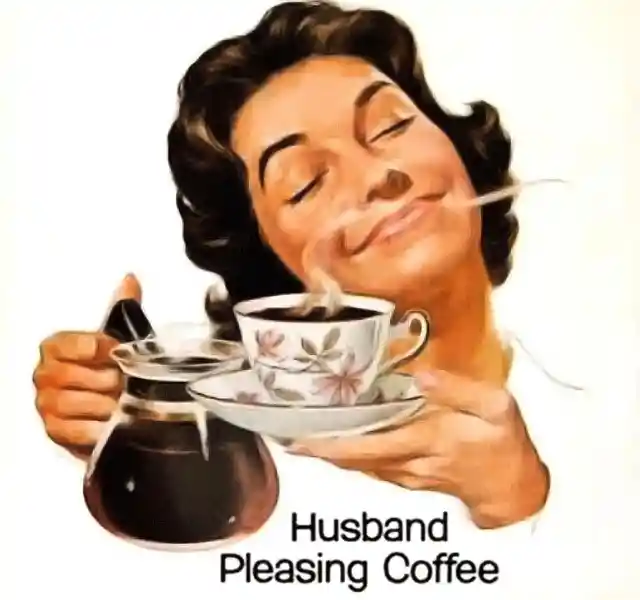
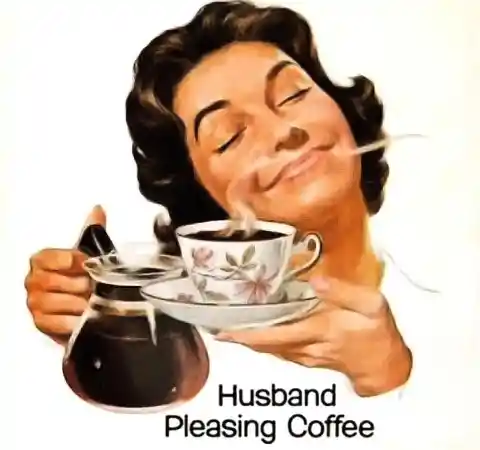
In the ad, the woman is serving fresh coffee to her husband to please him, giving the impression that a woman should only be serving her man and keeping the house in order. Fortunately, nowadays women have opened their eyes and started living their lives for them, not for others.
Fat Chinese
Obesity is one of the most common diseases among Americans since burgers were invented. Americans go on diets high in carbohydrates because they mainly include potatoes. Back in the 60s, the Rice Council of America made commercials to raise awareness and switch potatoes for rice.
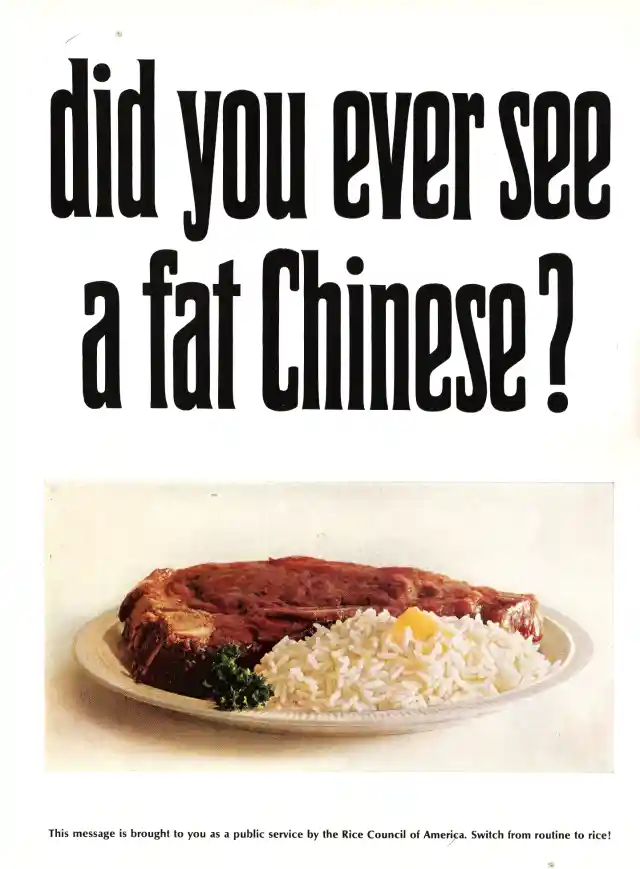
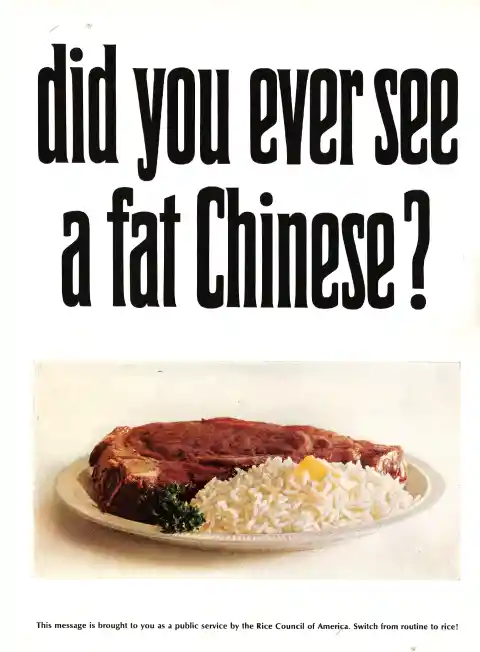
They based their campaign on the fact that the Chinese are not fat (and they eat rice every day.) While it’s correct to say that rice is healthier than potatoes since it’s high in fiber, it’s not right to persuade people to change their habits based solely on labeling the Chinese people as ‘not fat.’
Lucky Tiger
If you analyze this vintage ad in detail, you’ll realize that nothing makes sense at all. An animal, probably one of the hairiest ones, is the face of a hair wax campaign. Besides, it is pictured as the hunter beast, while we all know that in real life it’s the other way around.
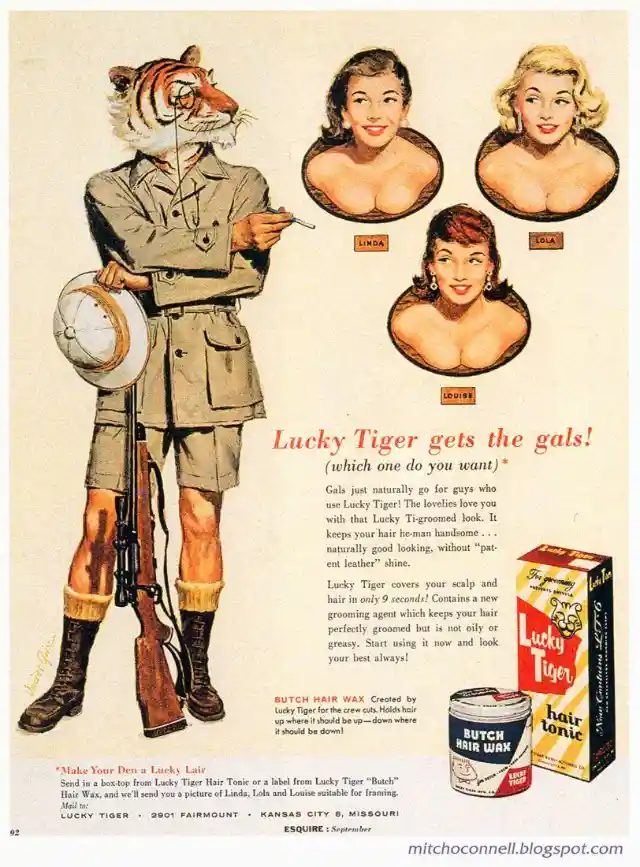
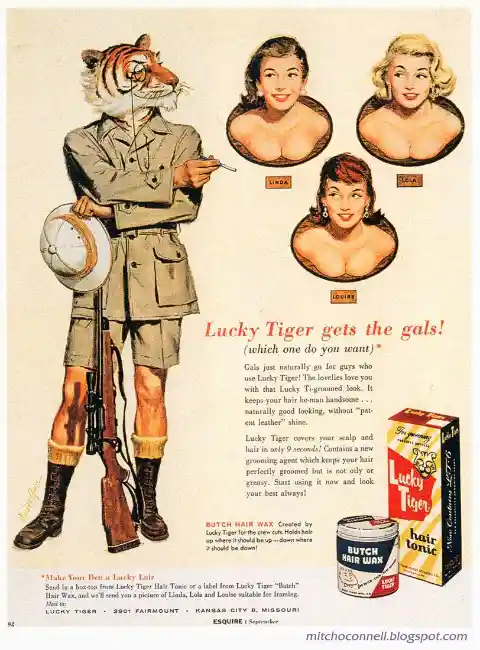
This ad gets creepier and creepier, as we see busts of women hanging on the wall. The ad reads “which one do you want?”, giving the impression that any male can come in and pick the woman of his choice, while she would have absolutely no right to say no. Unluckily for the Tiger, this ad is gone forever.
Airline Careers For Women
If the purpose of the ad were to invite women to leave their homes and study a career of their choice because they own their lives and don’t have to depend on a male to survive, this would be the perfect revolutionary ad for the ‘60s. But it’s not.
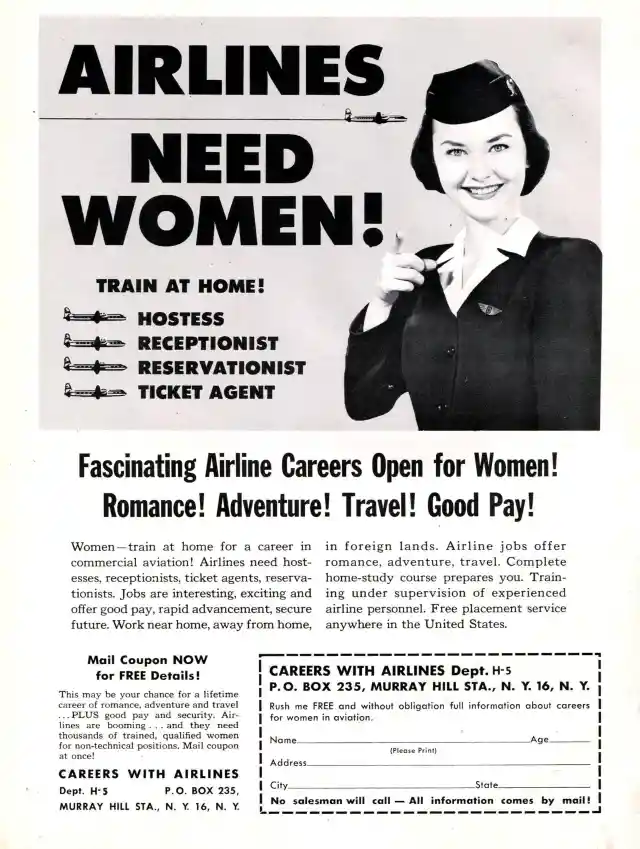
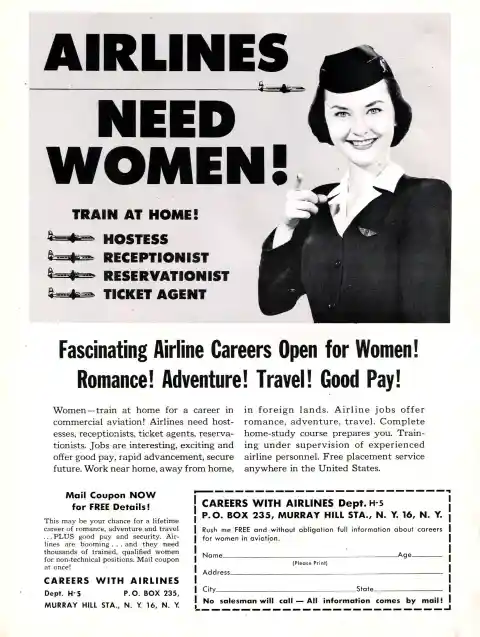
Even though this ad seems to be very positive, the truth is that airlines don’t hire anyone who doesn’t meet their physical standards. Back in those days, women would only work as hostesses and servers, as they were meant to have a serving role in the company.
Cream To Fight Complexion Beauty
This ad was very popular when it was publicized. More than 50 years later, we see so many mistakes and defects. In the past, people wanted to have whiter skin, as it was a synonym of a more appealing and alluring look. Nowadays everybody prefers darker and tanned skin.
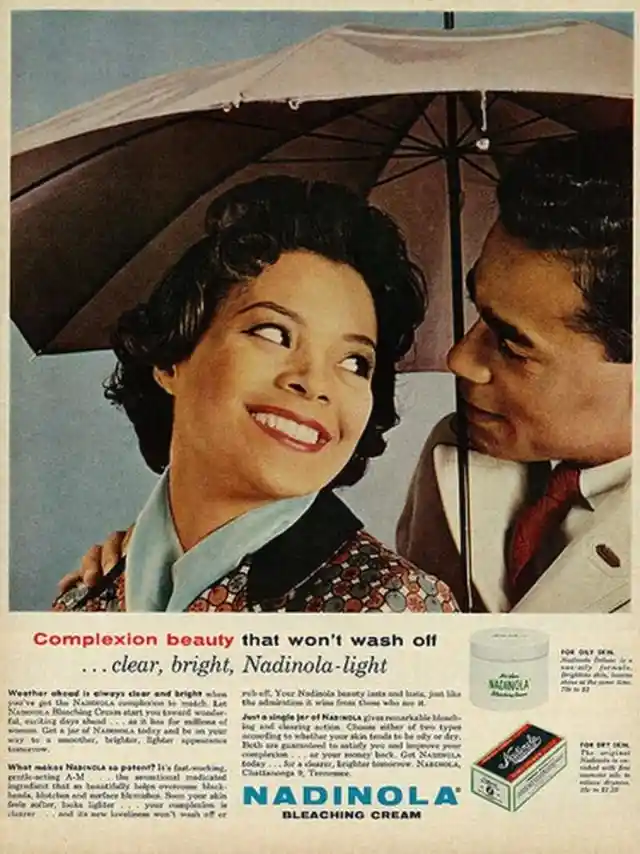
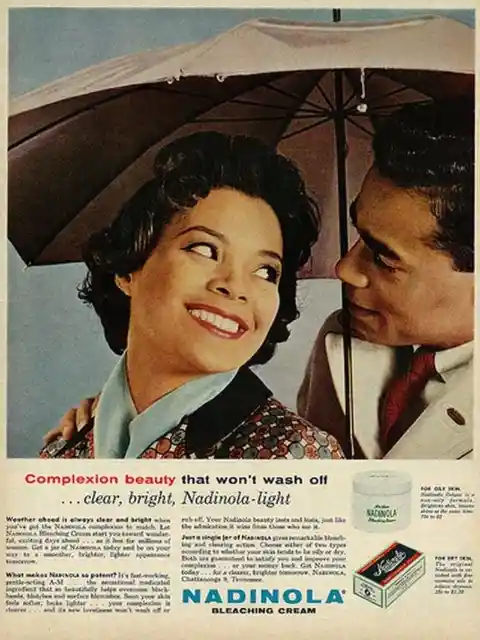
The purpose of the ad was to convince black people to buy a cream to have their skin whitened. Why would they do that? Back in those days, being white was attractive. Fortunately, the beauty perspective has radically changed. Now people are proud of their skin and advertisements invite people to love themselves as they are.
Wear Broomsticks To Have A Girl
If you can’t find the perfect girl for you, try wearing these Broomsticks pants. In the past, they seemed to be the key to finding the girl of your dreams, winning her heart and being in love. The ad had five guys fighting over a barely naked woman. A weird way of winning her heart. Remember: it was all about the pants.
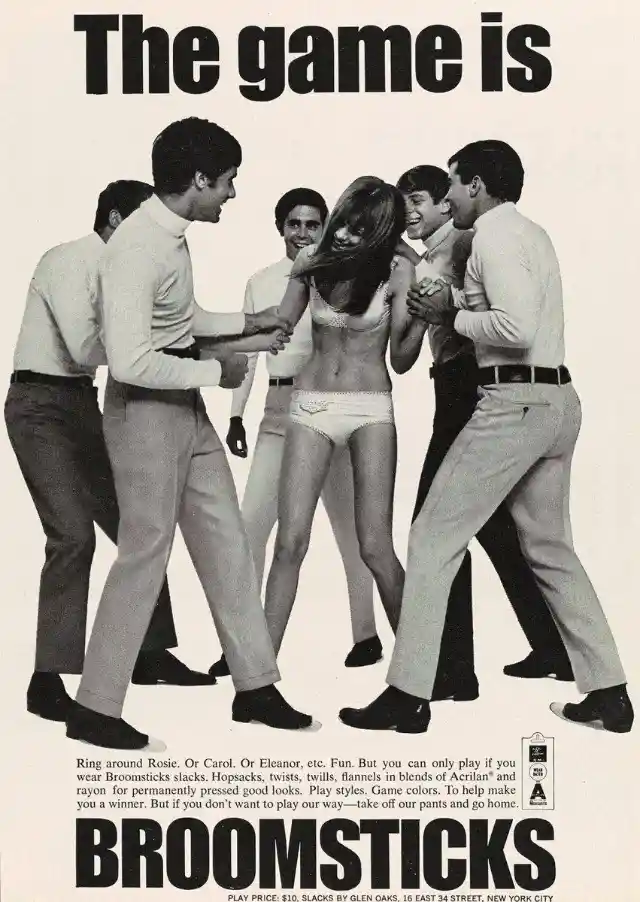
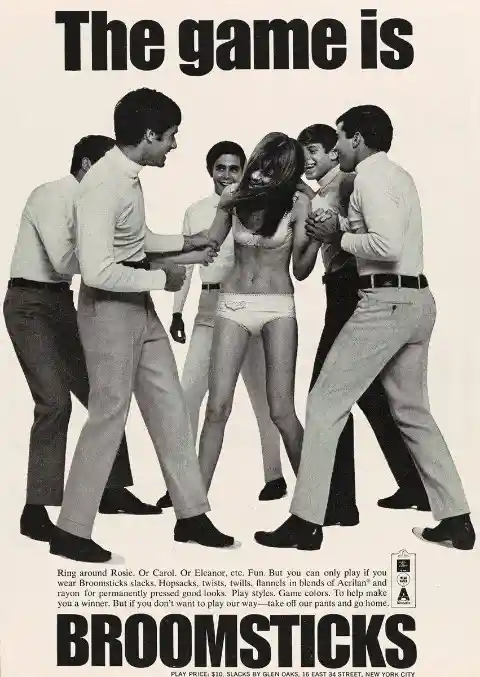
While it’s true that having nice pants can make you look fancier, it’s very hard to win a woman’s heart, not to mention a barely naked woman who’s surrounded by five desperate men. The producers of the ad didn’t have a clue of how the ad could negatively impact society.
A Good Cigar
In the past century, sexism was highly normal, and no one would argue otherwise. Most ads, especially the ones publicizing laundry and kitchen products, emphasized that men were superior to women, and it was okay. Not even women were aware of the situation they were placed in.
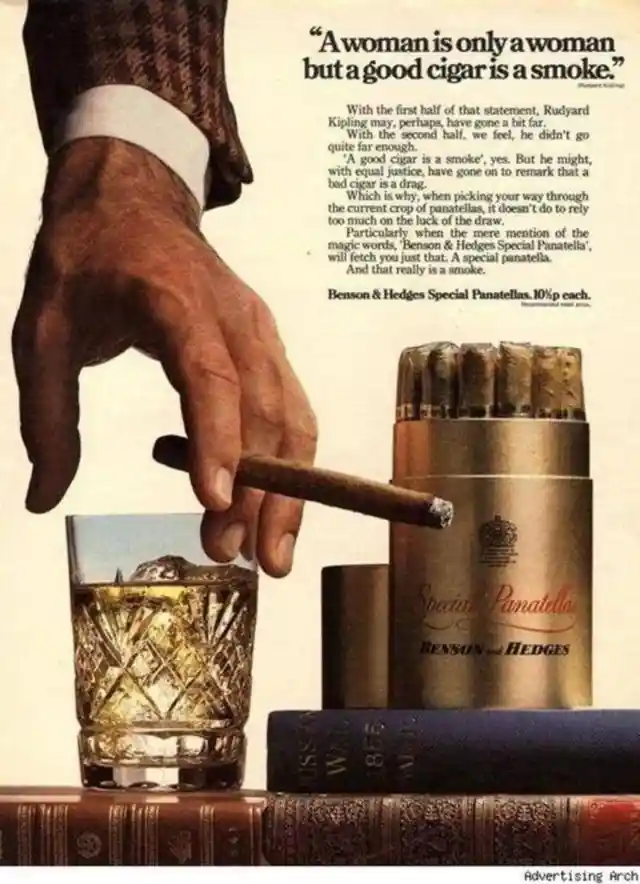
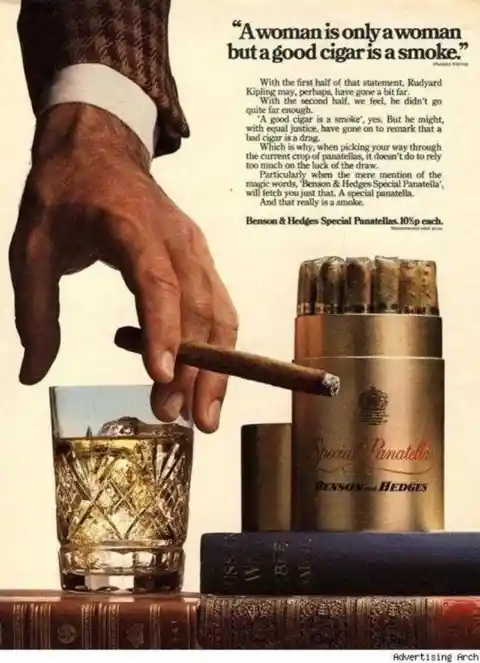
Nowadays, the majority of society quickly identifies sexist conduct as they are more educated on the subject. However, the past was a completely different story. This ad claimed that women were useless. The creator of the ad didn’t realize that his sole existence depends on a woman.
Carsual’s Pants
The purpose of this vintage ad was to sell “action” pants, which were quite exotic and bizarre, as they include horoscope drawings. They were described as fun and popular. According to this ad, these pants were the fashionable item of that time.
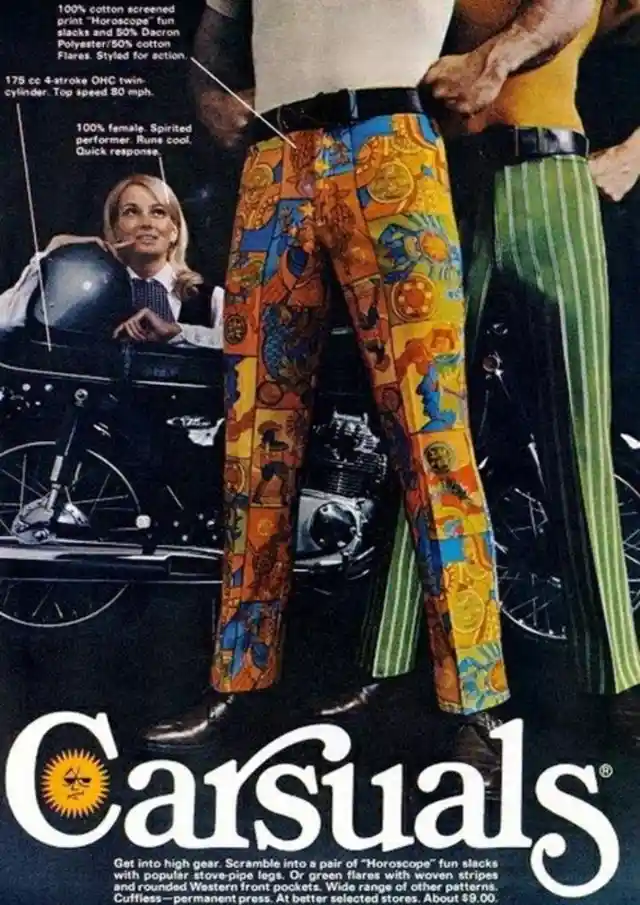
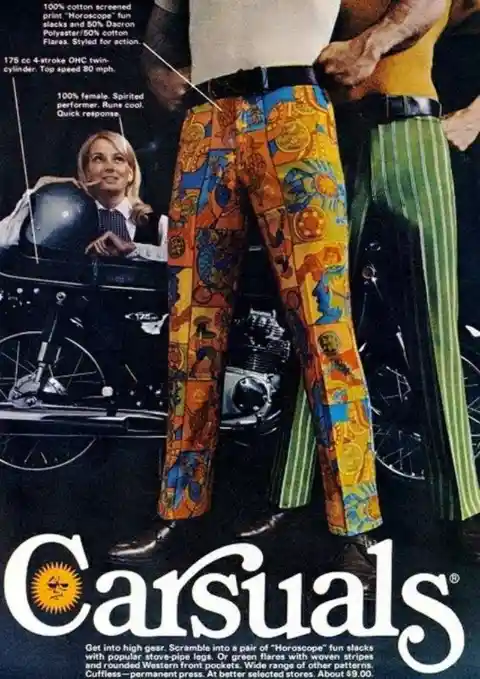
The ad also led people to believe that wearing these pants would catch women’s attention. Again another sexist ad, but this one suggests that women are superficial and would fall in love with a man just by looking at his pants. Why was it normal back in those days? It’s hard to understand this vintage mindset.
The Datacomp Women
One of the most revolutionary decades of the past century is the ‘60s. Several positive changes were introduced, sexuality was no longer a taboo, and women had more work opportunities. Still, the ‘60s weren’t the ideal decade.
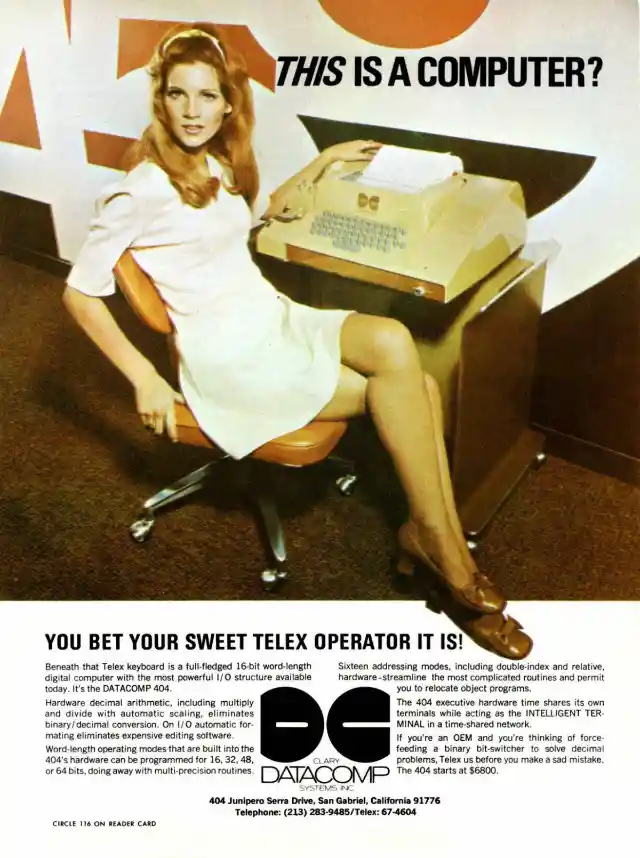
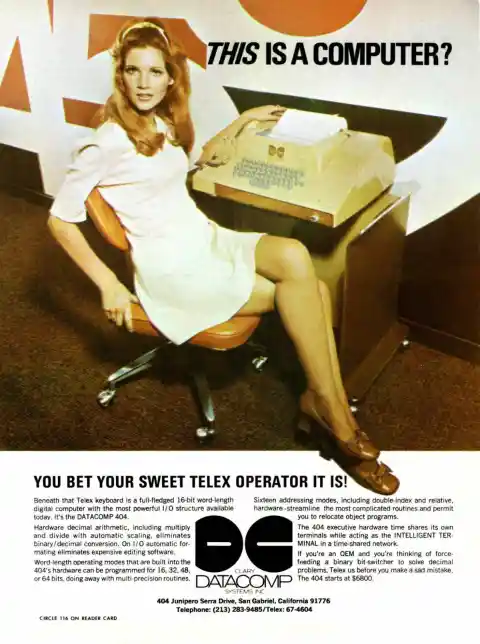
Datacomp advertised its office machines by showing a sexy secretary next to them. The purpose of having a hot woman in the ad was to catch businessmen’s attention. Having a hot chick next to a product was very normal in the ‘60s; maybe they thought that sexualizing women would get more clients. We don’t see the logic in there.
Sweaters Only For Men
This ad is not only sexist but also ridiculous. The message of this climbing sweaters ad was to invite men to buy a product that would only be for them because women wouldn’t go outdoors, as they are useful only indoors. According to this ad, men are the only ones who can go climbing.
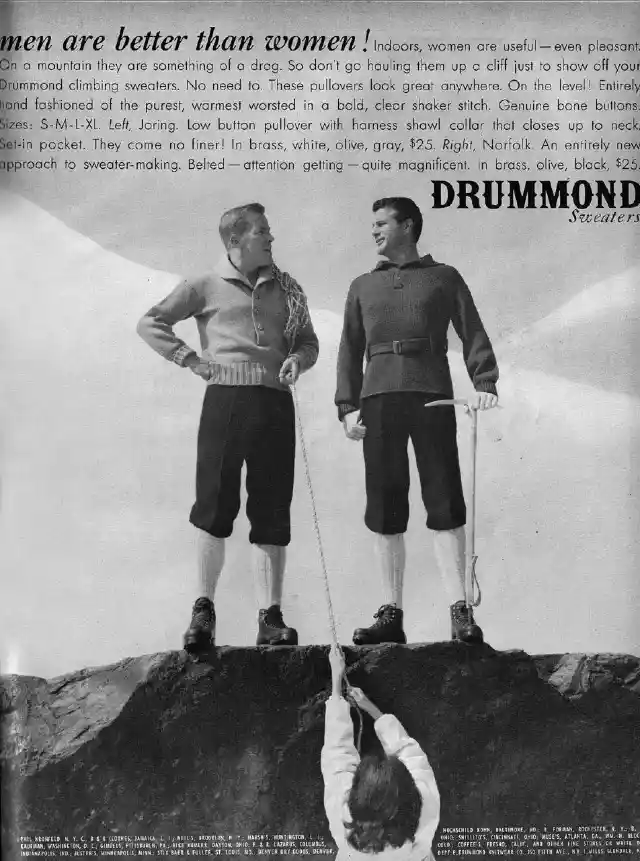
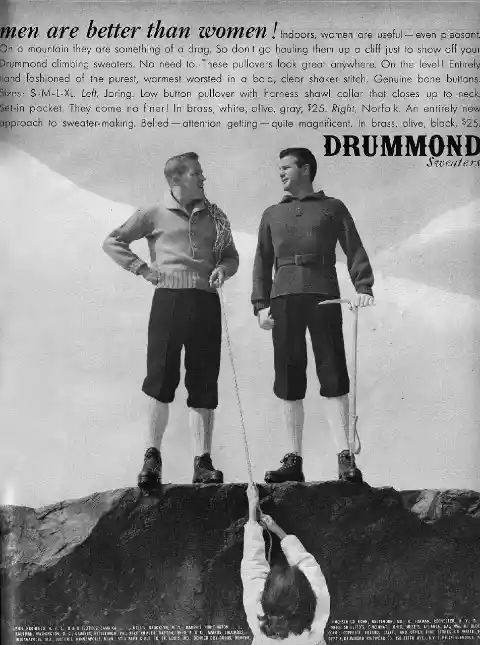
In the picture, two men are chatting and not paying any attention to a woman who’s on the ground. Again, another ad where men are superior to women. Let’s hope the creators of this ad are still alive to see that one of the best rock climbers in the world is not a man, but a woman, Ashima Shiraishi.
Frito Bandito
Frito Bandito was a cartoon character created by Fritos. When we see the way Frito Bandito pronounced kids as “keeds”, the mustache, and the big hat, we now realize how stereotyped this ad was. Basically, it refers to a Mexican criminal character who lives in southern USA.
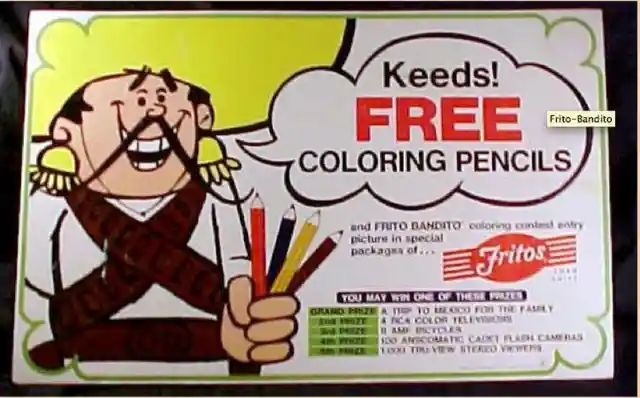
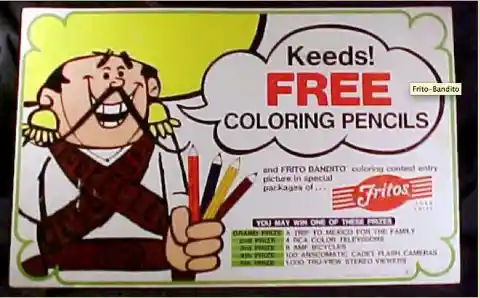
Frito Bandito was the mascot of all Fritos products. The character was wearing a military uniform, and it was understood that Frito worked for the military. All in all, the message of this ad is nothing but racist and disrespectful towards the Mexican people.
Use This Product And You’ll Get Mermaids
As weird as it may sound, we still have this type of ad nowadays. In the past, it was highly common to sell products this way. This hair product ad was introducing a product that would activate with water, enabling men to easily brush their hair and attract mermaids.
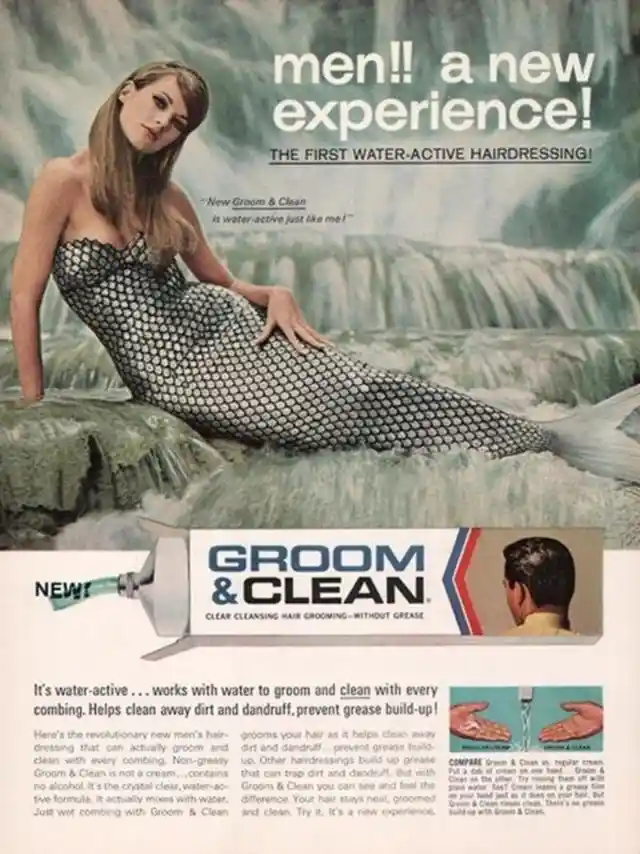
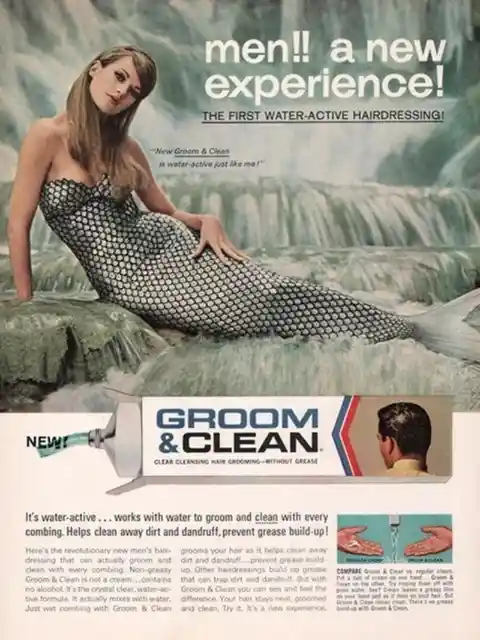
Instead of focusing on explaining the benefits of the product, the creators of the advertisement solely focused on a mermaid. After seeing so many sexist ads, we now understand that the purpose of this vintage ad was for men to pay attention to a product that had a sexy woman on it.
The Hotpoint Happy Wife
Lucky Jean, she is a wife, and she was given a Hotpoint washer and dryer. Because that’s what wives do, right? Wash clothes. The good thing is that Jean won’t be hand-washing clothes while being pregnant, the Hotpoint will do all the work, and she’ll have time to rest and be “pretty.”
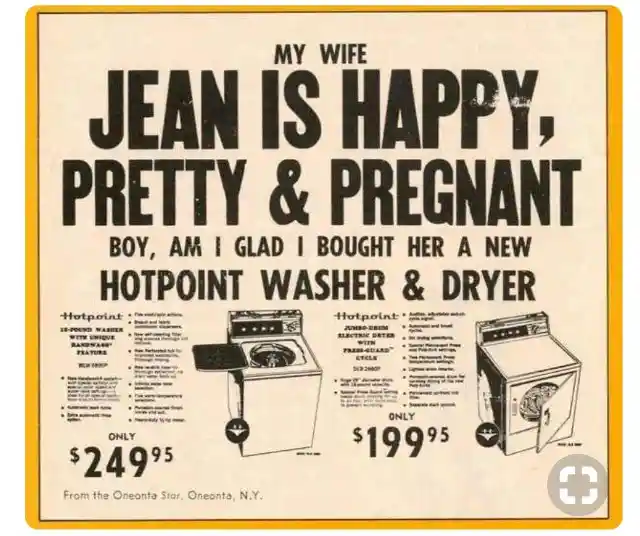
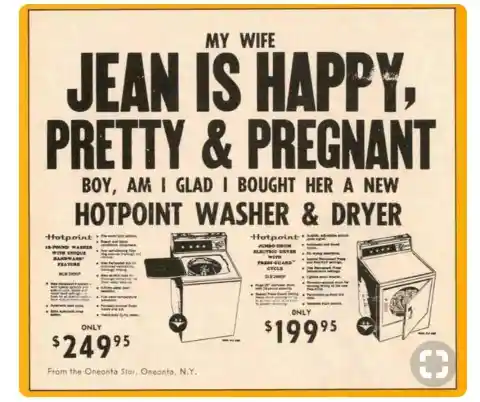
While it’s true that a washing and drying machine makes our lives a lot easier, it shouldn’t be only for women’s use. On top of it, a pregnant woman should rest, not be expected to wash clothes. Jane’s husband would be a great husband if he just helped with some of the house chores.
Flintstones And Winston Cigarettes
Smoking was a common social practice in the past, even though science has repeatedly proved cigarettes to be detrimental to health. People would gather around in closed spaces and light a cigarette just because it was cool. It was so cool that even the Flintstones smoked.
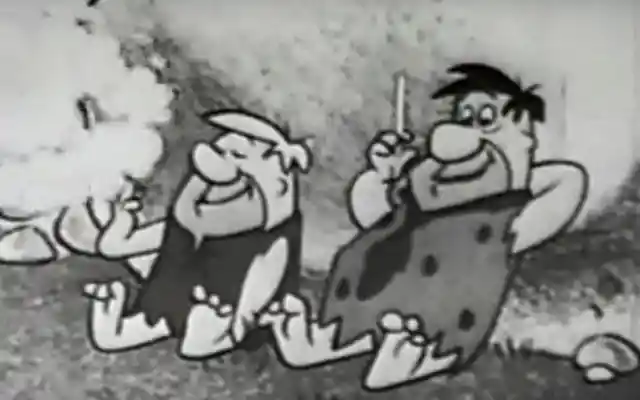
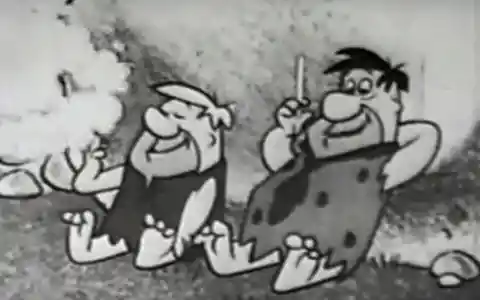
In the ad, Barney and Fred were smoking cigarettes to relax after work. Nowadays, this type of advertisement would not be accepted, as it involves cartoon characters that are meant to be for children. At that time, it was so normal to see an adult smoking that no one would criticize an ad like this one.
The Safest Credit Card
The message of this advertisement is so clear that it may freak you out. Apparently, a woman with a credit card implies danger, so she shouldn’t have access to it. Otherwise, she would spend all the money that her husband has earned. A wife should only take care of the kids and do the house chores and avoid touching credit cards.
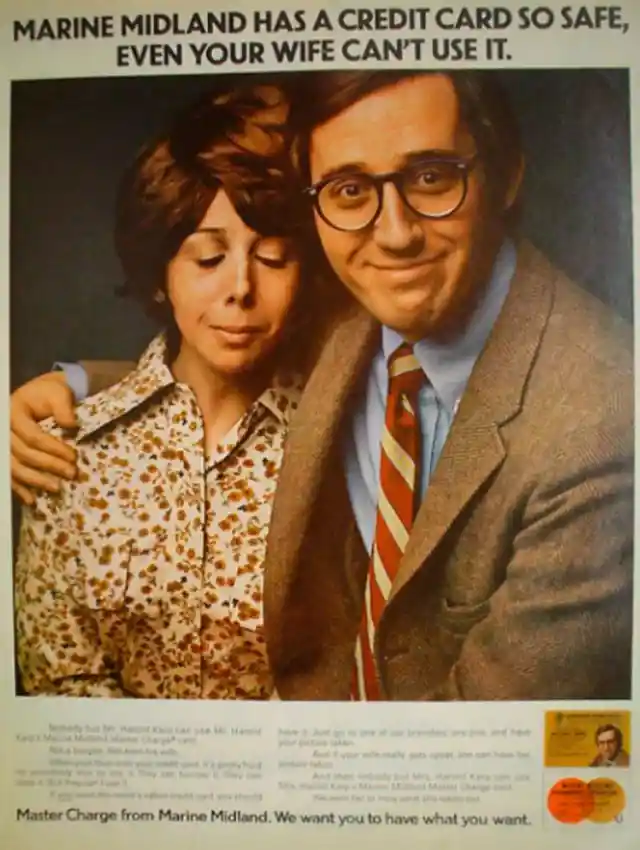
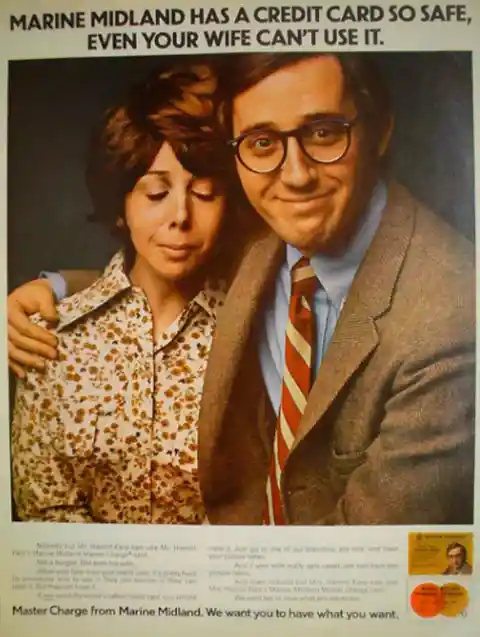
The purpose of the ad was to sell the safest credit card by picturing a sad woman who can’t have access to it and a happy husband. If only women in those days knew that they didn’t need a man to have a happy life and that they could live on their own.
The Juice Ad
OJ Simpson was a famous football player. After reaching glory, he left sports and switched to acting. He appeared in The Naked Gun. Simpson was so famous that he even appeared in an orange juice commercial for Tree Sweet.
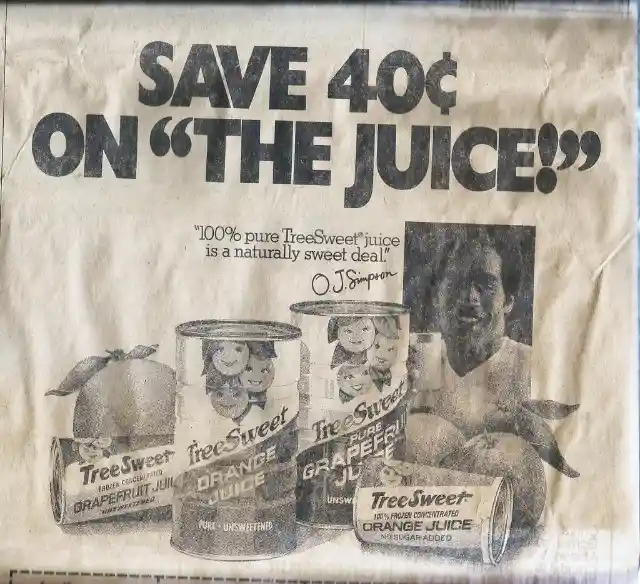
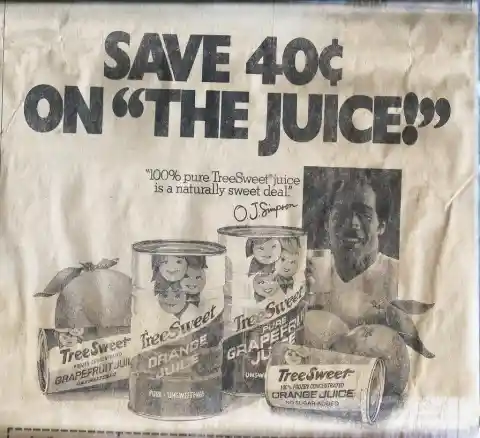
The purpose of hiring Simpson for the ad was to match the product with his initials O.J. - Orange Juice. Sadly, the life of the football player and actor suddenly changed as he was later incriminated and arrested.
PolyGlow Hair Colouring
In most cases, a girl who dyes her hair is a girl who is having fun doing it. They do it because they feel more attractive. Girls don’t need a man’s approval, neither do they need to look nice to catch a guy’s attention, just like this advertisement is suggesting.
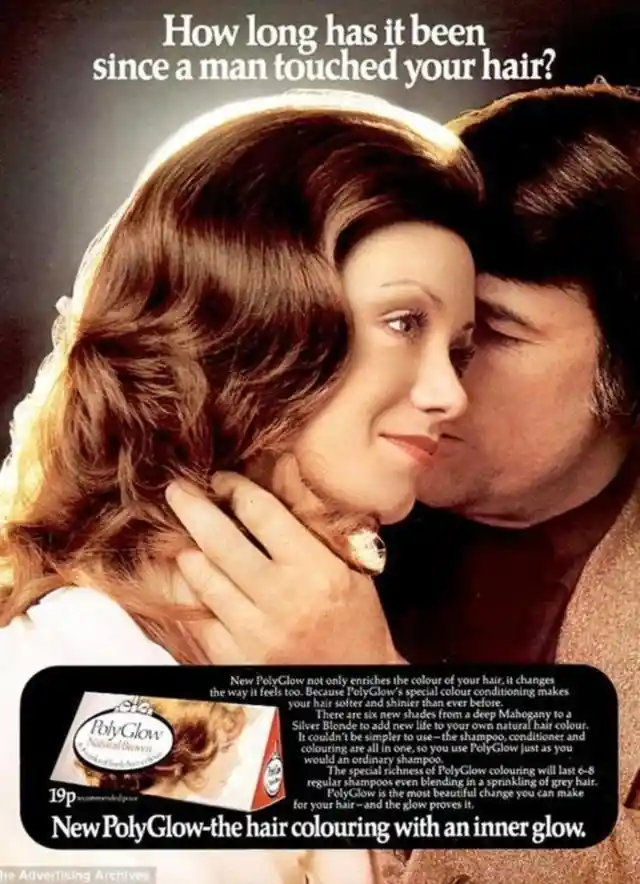
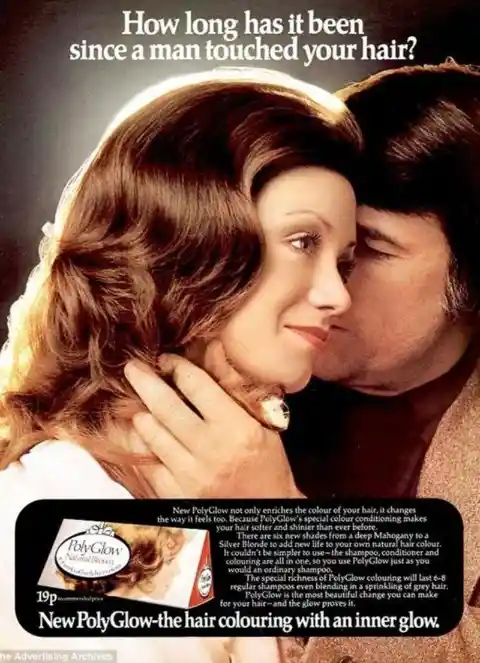
The creators of this ad firmly believed that a hair coloring product would make a man fall in love with the girl using it. It was a good product, though. Once you apply it, the results were quite impressive, but the marketing strategy was way too sexist.
Rest Assured Cushions
The couch is one of the most comfortable spaces for most people. When arriving home after a long exhausting day, one of the first things I’m sure you do is lay down on your couch. Almost nothing can beat your couch, with comfortable cushions and soft fabric, just like Rest Assured furniture.
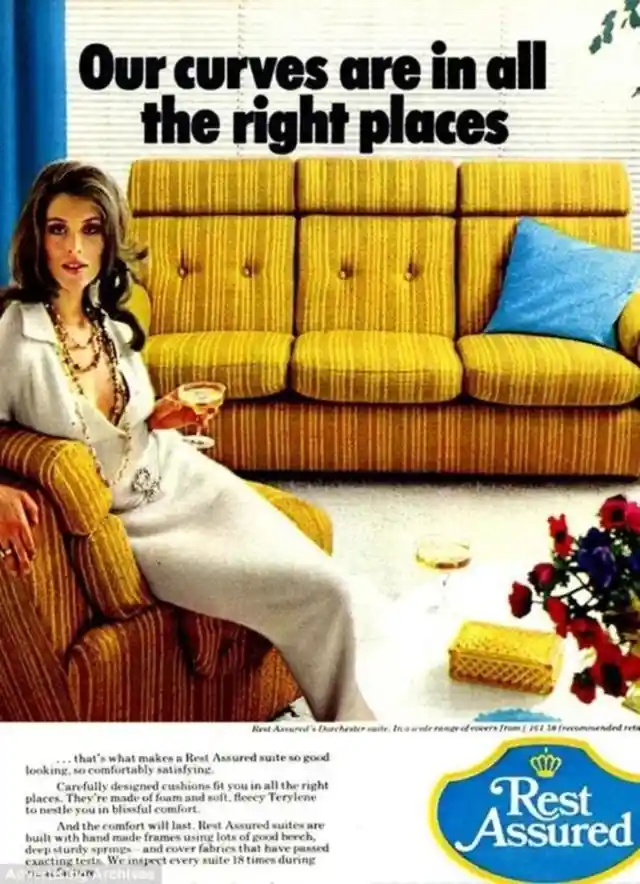
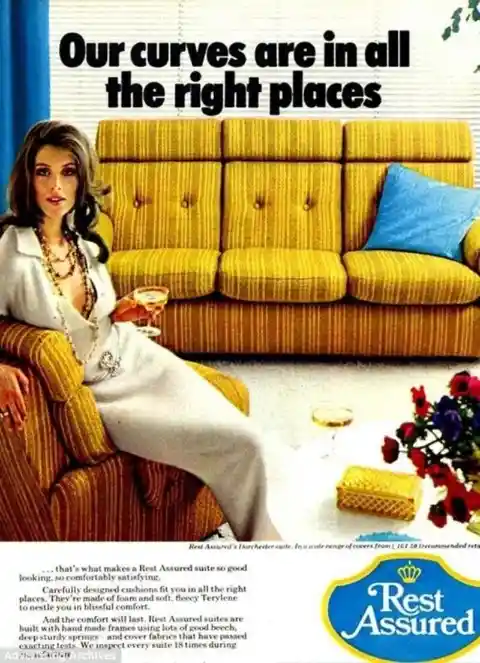
This ad couldn’t help but show a hot woman holding a cocktail to refer to the perfect curves. The couch in the picture may look comfy, but the color is so unappealing that we don’t understand why someone would buy such a bad-looking couch.
The SceneJeans Ad
HK Corporation was a jeans company that was famous for inventing not-so-regular jeans. They made significant changes to normal denim, such as the color, the cut, or even the print. The final product was named SceneJeans. The problem came with the advertisement, which wasn’t as accurate as it should’ve been.
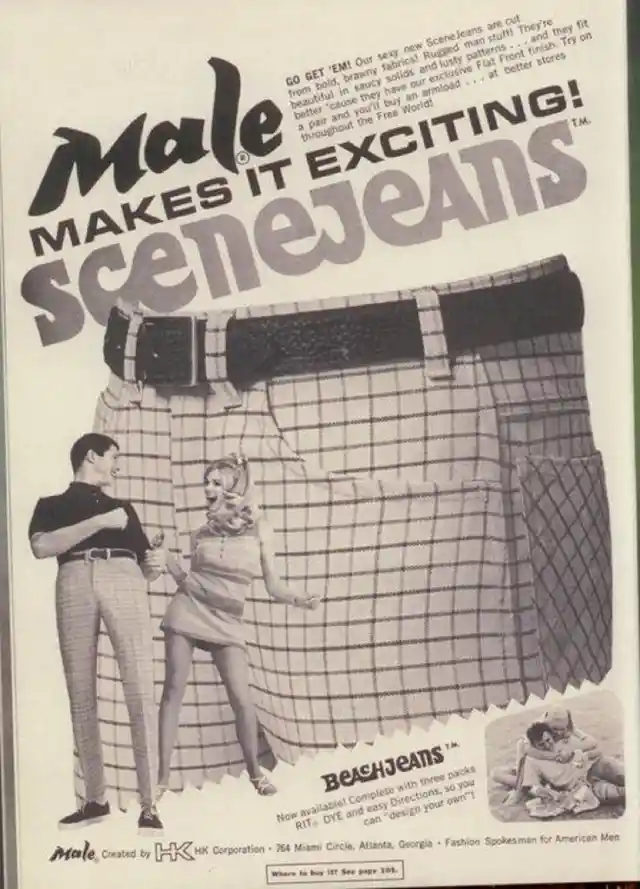
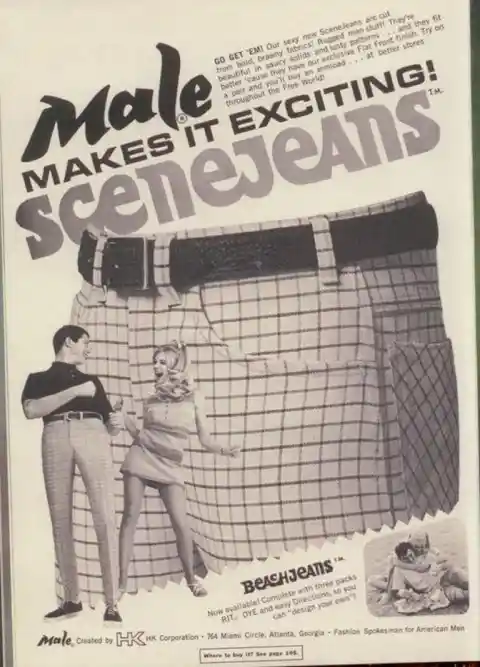
The creators of the ad were probably missing a dictionary because they used descriptive words that didn’t match the product’s description, such as saucy and brawny. Does it sound logical to call a fabric lusty? We guess not. At least they didn’t include sexist comments just like every other ‘60s ad.
Volkswagen Bandwagon
Several years ago, the multinational corporation Volkswagen invented a car that was intended to be only for women. Technically speaking, it was a car made for wives. The new invention was cheaper, and it was very easy to replace its parts. However, is it necessary to thank VW for this? We don’t think so.
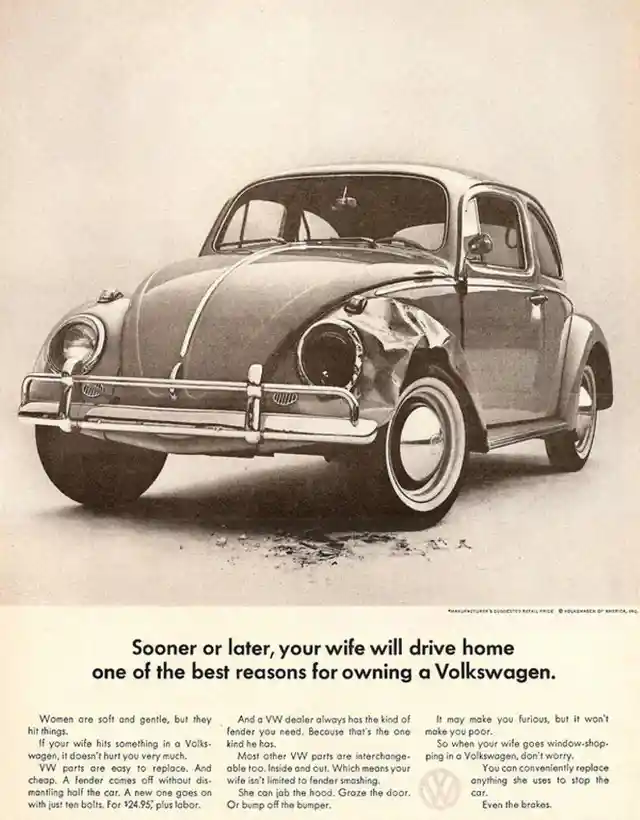
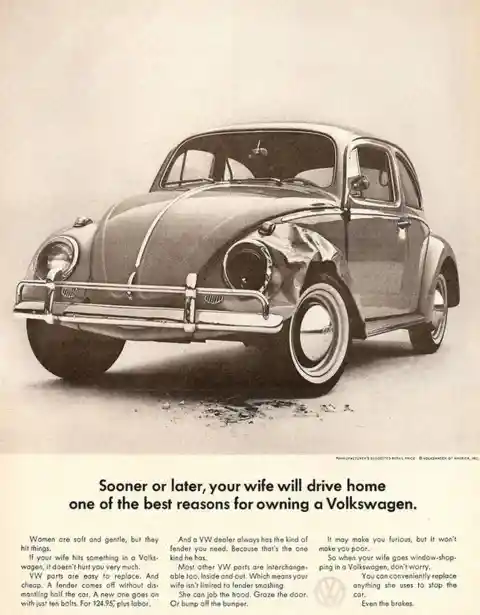
According to the ad, women are worse drivers than men. It is a false statement considering that statistics have proven that women have lower accident rates. In fact, men pay higher insurance because it’s proportional to the accident rate. Girls, there are plenty of cars to choose from. Be confident!
Shame On You, Sears
Sears is a clothing company that manufactures clothes for children in all sizes. However, we shouldn’t thank them for their variety of sizes if they create such a rude advertisement. They should have this in mind if they want to sell a product and make an impact on people.
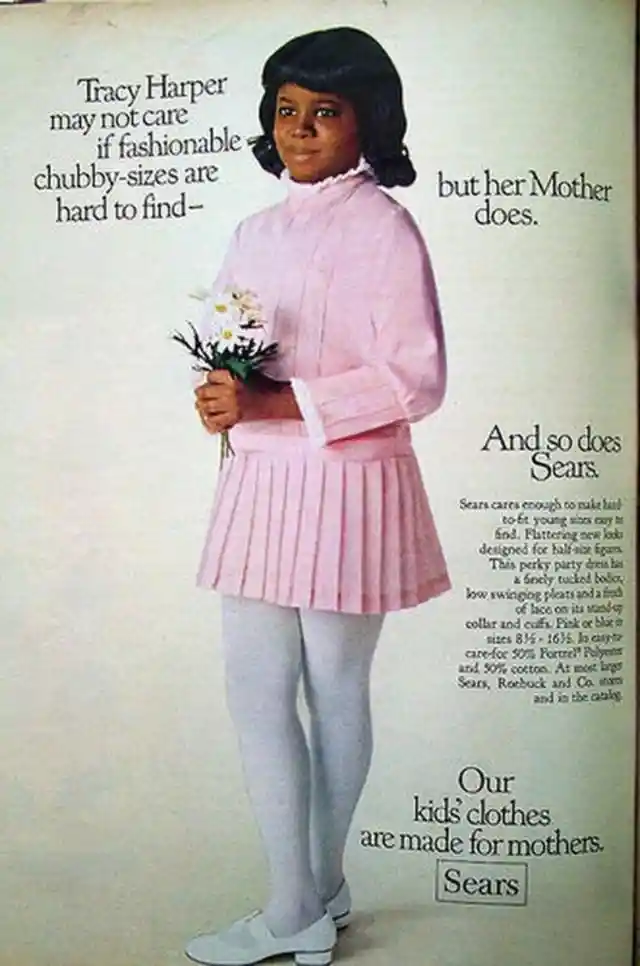
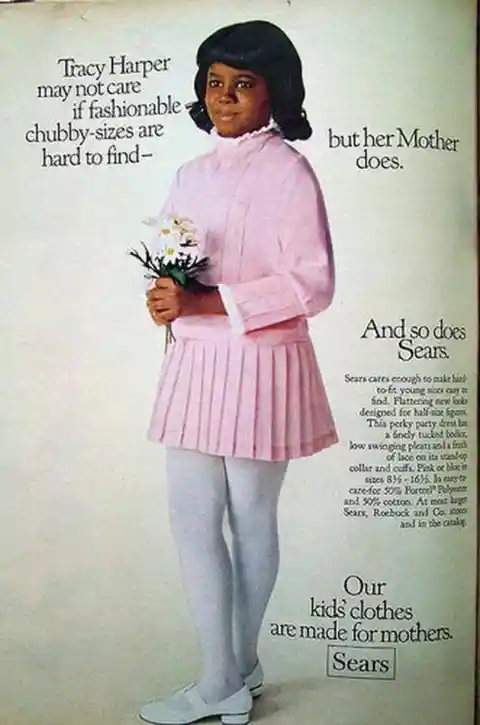
In the ad, there was a girl called Tracy who was referred to as chubby. It seems that they had to disrespect a girl to sell a product. How desperate does it sound? A friendly reminder: love yourself. You are beautiful the way you are, don’t let people tell you otherwise.
Volkswagen Did It Again
It wasn’t enough for the multinational corporation to have one offensive ad, so they made another one, which is very similar. The ad claims that women suck at driving. Thanks to this nonsensical statement, the marketing strategy kept on failing.
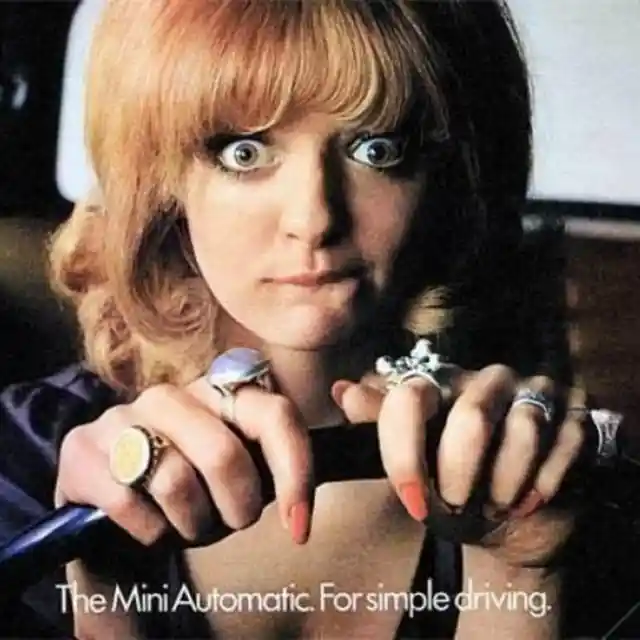
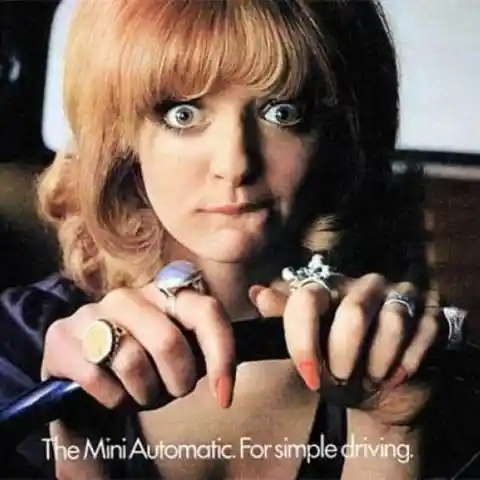
The advertisement depicts a horrified woman behind the wheel. She looks so scared that she seems to be about to crash into something. The ad then reads that women are so bad at driving that they had to invent a new car for them. Vane should’ve checked statistics before publicizing this ad.
The Cochon Prodigue Ad
For most people, Having bacon for breakfast is glorious. It’s probably the best part of having breakfast. Even though people realize that this delicious food comes from pigs, it can be quite traumatizing to see a pig slicing itself. This ad is just too visually descriptive.
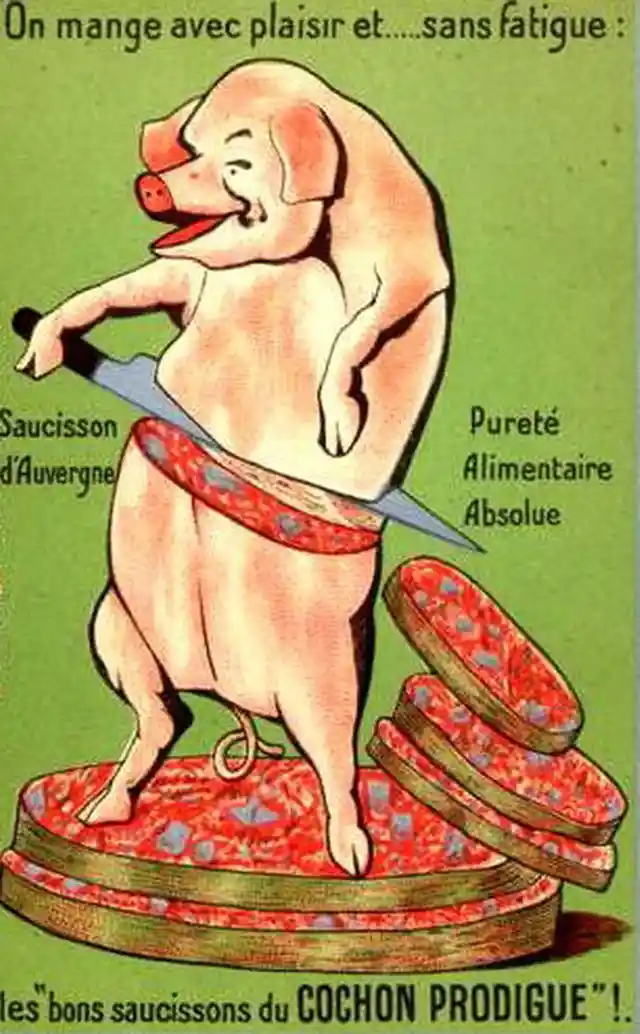
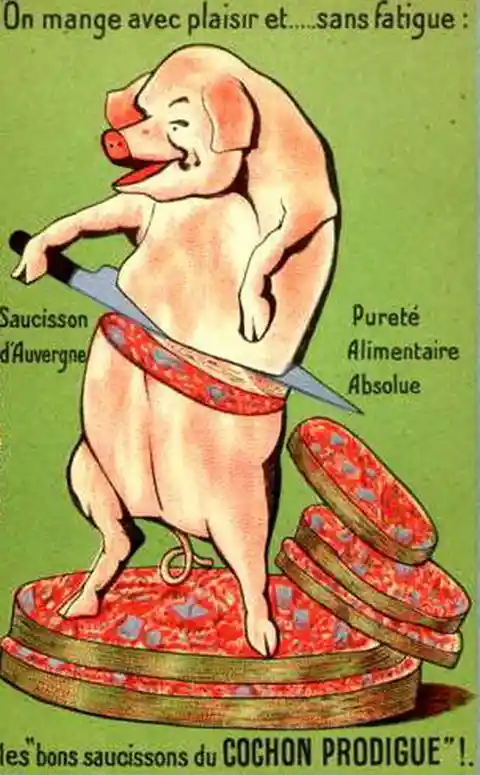
With such a horrifying scene, Cochon Prodigue must have turned some people to the vegetarian side. The ad could probably make you feel bad about eating a pig. Besides, it also includes statements that may have been thought to raise awareness on meat consumption.
The Sugar Diet
When going on a strict diet, the risk of being easily tempted by fat and high-calorie food increases. Even though people always try to have a healthy meal, it’s impossible not to go to a fast-food restaurant. And when you go, you’ll be offered a supersize meal. Sometimes we just cheat.
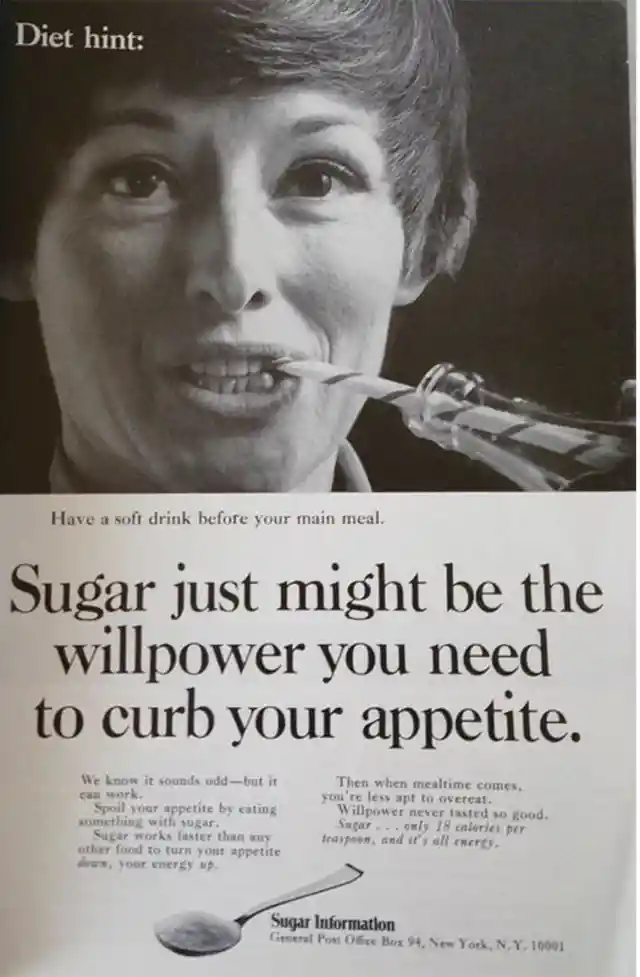
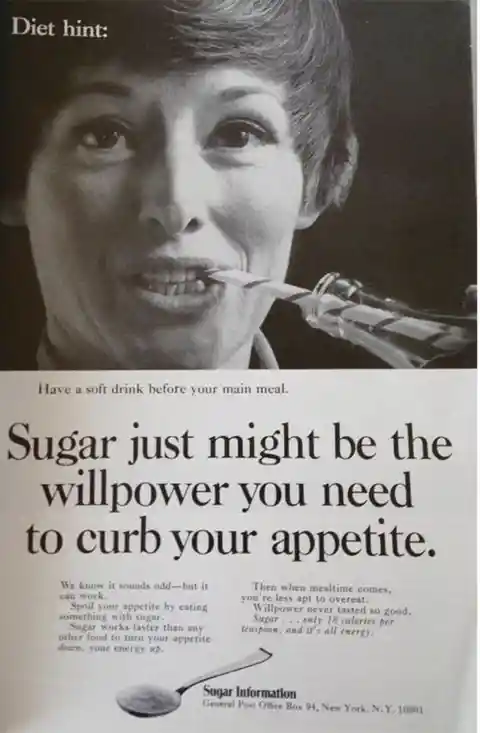
This vintage ad introduced the idea that sugar consumption isn’t so bad. According to this ad, you can even lose weight by having sugar because it can make you lose your appetite. We’re sorry that people fell for this. Thankfully, people are now aware of the risks of consuming too much sugar.
The Cocaine Ad
Cocaine was revolutionary in the ‘80s. In the 19th century, it was used as an additive to alcohol. The most popular beverage of that time was Coca Wine. After all, this beverage later turned out to be the famous Coca-Cola.
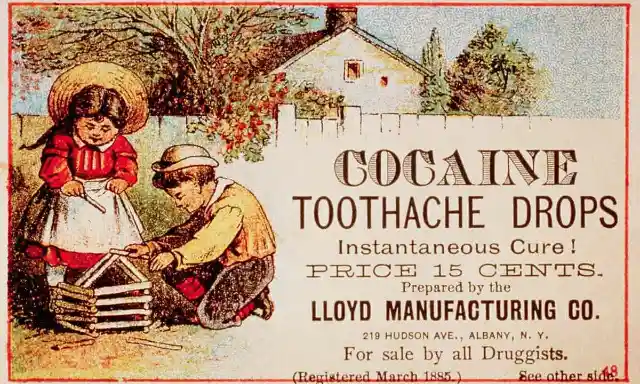
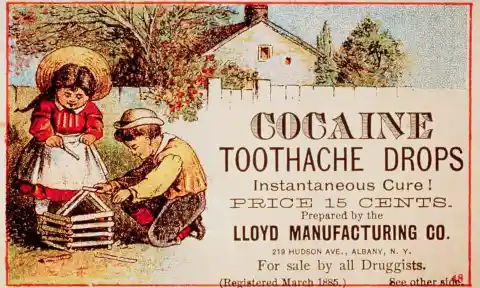
In the ‘80s, scientists discovered the use of cocaine for medical purposes. Imagine a poor kid crying for a toothache. In the past, they didn’t have the painkillers we have today. Guess the Cocaine Toothache Drops were the perfect solution for their problem.
The Van Heusen Ad
The ‘60s were a revolutionary decade, but advertisements were still very rude. A company like Van Heusen is a good example of offensive content, as they upheld white supremacy. It seems that they didn’t care if they were publicizing an insensitive ad.
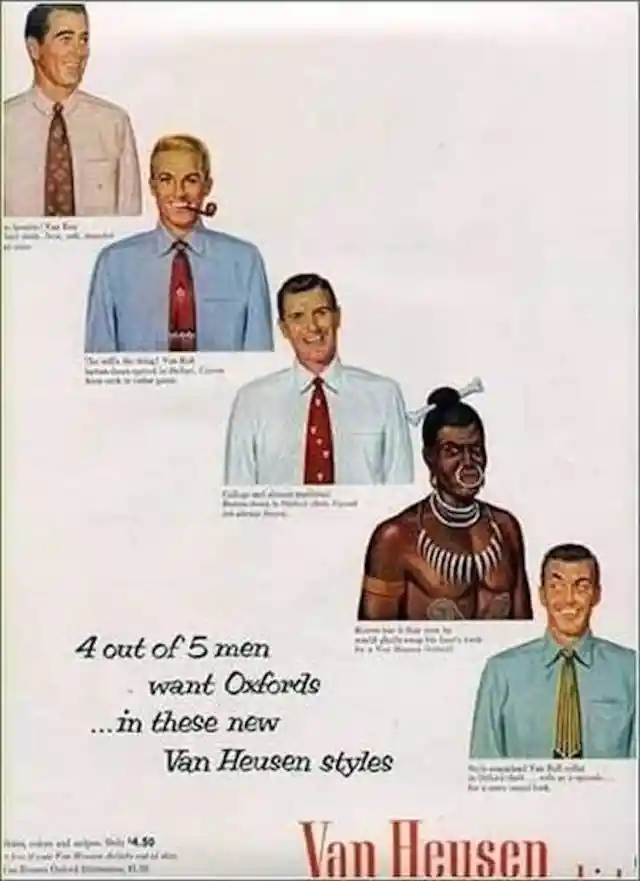
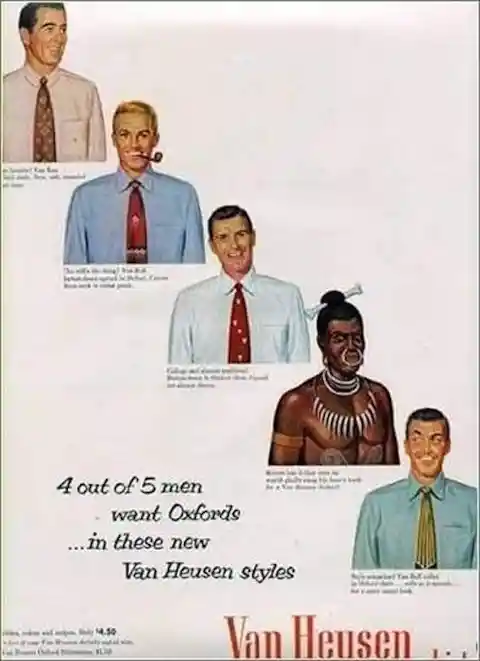
The ad reads, “4 out of 5 men want Oxfords… in these new Van Heusen styles” and shows four white men and one Native American who has a nose ring and a bone. As cruel as it may sound, this type of aggressive content was normal in those days.
The Spark Plug Ad
The ‘40s was a cruel decade because they were making fun of people of color. This Indiana company was founded in 1821. More than a hundred years later, they still didn’t make progress, culturally speaking. The concept of white supremacy was present in the ad.
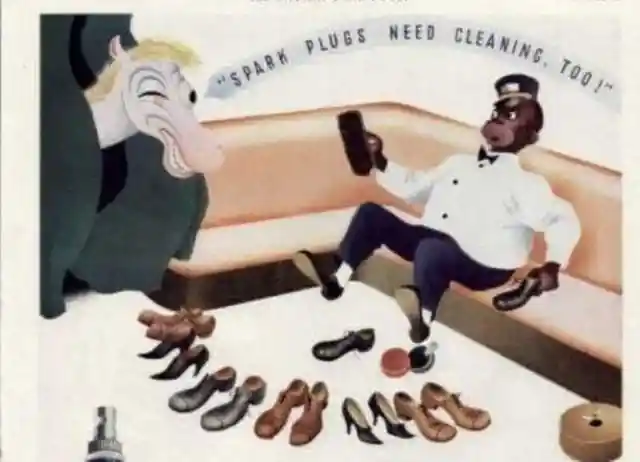
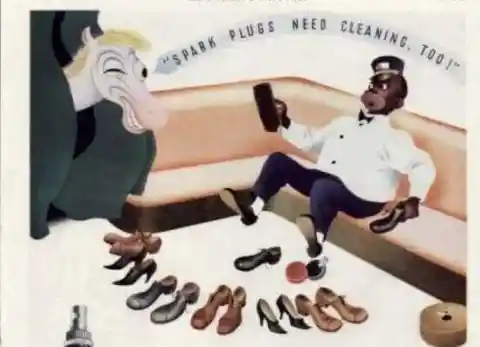
In the ad, you can spot a man of color cleaning a pair of shoes. Suddenly, a white horse (not a black or brown one) pops up and tells the man to clean the spark plugs. All in all, the message of the ad is clear: even a horse (white, of course) is superior to a man of color. We’re done with these racist ads.